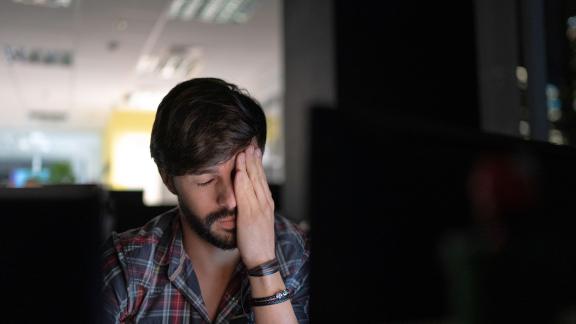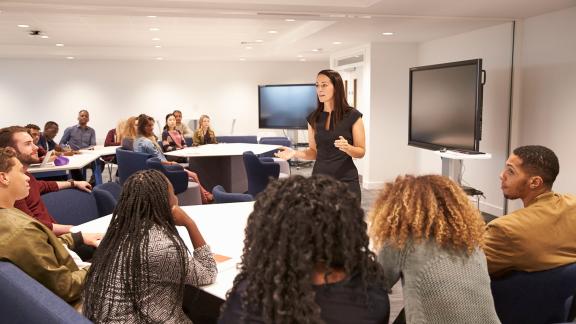Sleep, fatigue and the workplace

Working in a healthcare environment can be physically, mentally and emotionally challenging. Stressful days, long shifts without enough breaks, and night shifts that go against the body clock can often lead to sleep deprivation and fatigue.
Sleep is an essential function that allows our body and mind to recharge and to process what we have done in the day. It is fundamental to every aspect of our physical and mental health, allowing us to feel refreshed, alert, and function at our best. Not getting enough sleep or rest can have significant consequences. For example, it can hinder our ability to function effectively, and can make us more irritable, have less patience and less empathy. Our thinking and reaction times slow down, we are more sluggish, and less able to cope with high-pressure and high-consequence situations.
Fatigue does not just impact negatively on an individual's health. As tiredness increases, the ability to deliver safe, effective and efficient care drops sharply, increasing the risk to patient safety.
From a physical health perspective, sleep deprivation increases the risk of developing diseases such as obesity, type 2 diabetes, cardiovascular disease, anxiety, depression and Alzheimer’s disease.
Fundamentally, if staff are not looked after, they cannot look after patients. The busier it is, the more crucial it becomes to take breaks and rest, as staff need to be able to perform at their best if pressure is high. Below are some key statistics:
- 207,000 working days are lost in the UK every year to insufficient sleep.
- The annual cost of lost sleep to the UK stands at around £50 billion.
- A survey from the Royal College of Nursing showed nearly 60 per cent of respondents did not get to take sufficient breaks on their last shift.
- In the 2023 NHS Staff Survey, over 19 per cent of respondents indicated that they often or always felt that every working hour is tiring for them.
- Working night shifts has about 25-30 per cent higher risk of injury than working day shifts. This is also the case for working 12-hour shifts compared to eight-hour shifts.
- Surveys of healthcare workers, such as this one by the Association of Anaesthetists, shows that more than half of respondents have experienced a near miss when driving home after a night shift.
- Nearly 75 per cent reported effects on physical health or psychological wellbeing, and more than two thirds reported effects on personal relationships.



